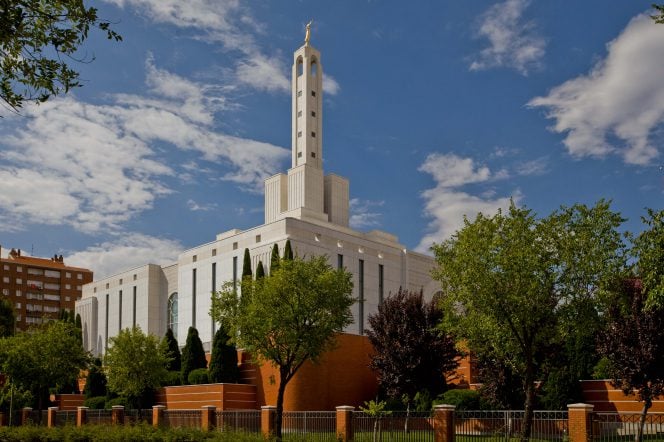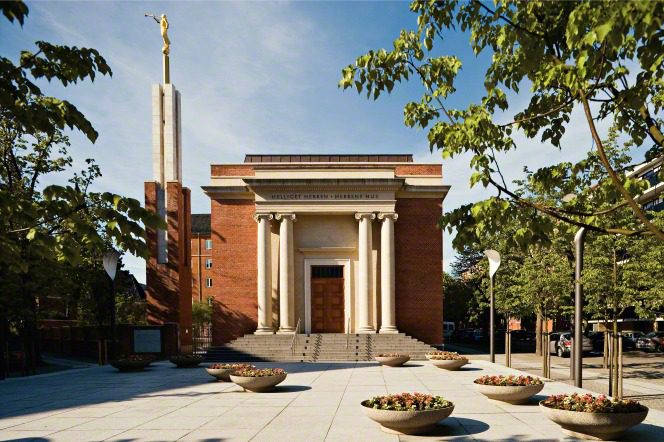
A new article — this one a review essay — went up earlier today in Interpreter: A Journal of Latter-day Saint Faith and Scholarship. As with all of the other journal articles that we’ve published over the past nearly 10.5 years, it is available to all and sundry at absolutely no charge:
“An Important New Study of Freemasonry and the Latter-day Saints: What’s Good, What’s Questionable, and What’s Missing in Method Infinite,” written by Jeffrey M. Bradshaw
Review of Cheryl L. Bruno, Joe Steve Swick III, and Nicholas S. Literski, Method Infinite: Freemasonry and the Mormon Restoration (Salt Lake City: Greg Kofford Books, 2022). 544 pages. $44.95 (hardback); $34.95 (softcover).
Abstract: There is much to celebrate in this important new study of Freemasonry and the Latter-day Saints. To their credit, the authors have succeeded in creating a work that is richer than earlier studies of the subject, probing many previously unexplored hints of Masonic influence on Latter-day Saint life and thought from the beginning of the Restoration through the end of the nineteenth century. That said, the book’s dauntingly broad survey suffers from uneven quality on some of the many topics it ambitiously tackles. While recognizing the study’s considerable merits, its shortcomings must also be considered. For this reason, I’ve divided this review into three parts: What’s Good, What’s Questionable, and What’s Missing. I conclude with methodological observations about best practices in the use of the comparative analysis in studies of important and challenging subjects such as this one.

Some time ago, I read Clifford Williams, Existential Reasons for Belief in God: A Defense of Desires and Emotions for Faith (Downers Grove, IL: IVP Academic, 2011). Professor Williams, who earned his doctorate at Indiana University, teaches philosophy at Trinity College, in Deerfield, Illinois. Herewith, I undertake to extract a few notes from Existential Reasons for Belief in God:
[T]he two basic ideas of the book are the drawing power of need and the certifying ability of reason. Need without reason is blind, but reason without need is sterile. (12)
Early in the book, Williams sets out to identity what he terms “existential needs.” And, first among them, he lists “self-directed needs” (as opposed to “other-directed needs”). These are
- cosmic security
- beyond the grave
- heaven
- goodness
- a larger life
- to be loved
- meaning
- to be forgiven
About the first and second of these “needs,” he says,
We cannot possess cosmic security unless we also believe that we will live beyond the grave. Imagine . . . that we are alone, thinking of the rest of our life. When we were young, the rest of our life was an indefinitely extended future — we could not see the end then. Now that we are older, perhaps over forty or fifty, we can picture our life as a definite span. When we picture this finite span to ourselves, we ask, “Is this all there is to life — my life? I began a certain time so many years ago, and I will end only so many years from now. How can this be? (22)
Then he proceeds to the third “need” on his list:
But it is not mere existence that we want after we die. We want a certain kind of existence. We want one that is free from the hazards of this life, free, that is, from misfortune that is out of our control — from the ravages of the cancer that may slowly kill us, from the misshapen body that embarrasses us. We want rest from the constant effort needed simply to pay bills. And we also want a different kind of rest — from the effort required to battle temptation and from the emotional pain that our parents caused us by their unjustified criticisms or lack of love. We do not want any more anxiety about the future. We want an inner contentment that is not punctured by bouts of depression.
Perhaps it would be more accurate to call this need for heaven a longing. It is less a conscious need than a wistful yearning. We feel it vaguely instead of explicitly, and fleetingly instead of continuously. Perhaps, even, we do not recognize it as a desire for heaven. It is simply s craving for something different from what we now experience. (23)
Williams’s list of “other-directed needs” includes
- to love
- awe
- delighting in goodness
- being present [i.e., simply being with those whom we love]
- justice and fairness
It is important, from Williams’s perspective, to distinguish genuine “needs” from mere “desires.” He observes that needs are often regarded as being felt more intensely, more imperatively than are desires — though he also recognizes that the intensity will vary from one person to another.
The basic form of what I am calling the existential argument for believing in God is this:
- We need cosmic security. We need to know that we will live beyond the grave in a state that is free from the defects of this life, a state that is full of goodness and justice. We need a more expansive life, one in which we love and are loved. We need meaning, and we need to know that we are forgiven for going astray. We also need to experience awe, to delight in goodness and to be present with those we love.
- Faith in God satisfies those needs.
- Therefore, we are justified in having faith in God. . . .
Kierkegaard finds needs that he thinks can be satisfied through faith. We are sick at heart and need to be free from the torment it produces. We sorrow, are burdened with care, labor in futility, and need rest for our souls. We have lost our innocence and need to be saved from the sharp distress of guilt. We can have these needs met, Kierkegaard declares, by accepting Jesus’ invitation to give us rest: “Come here, all you who labor and are burdened, and I will give you rest.” (32-33)












